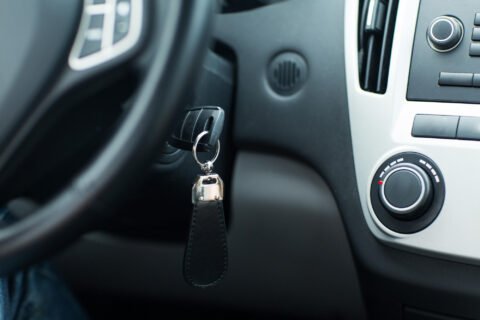Photo by Bruno Nascimento on Unsplash
As parents age, they may face declining health and mobility that make it difficult to continue living independently. At some point you may need to consider moving a parent closer to you so that you can provide more support and care. Here are some signs it may be time.
Changes in Health and Cognition
One of the biggest signs it’s time to move a parent closer is when their physical or mental health begins to deteriorate. Conditions like dementia, Parkinson’s disease, arthritis, and other chronic illnesses often progress with age, making it harder for seniors to care for themselves. If your parent starts forgetting to take medications, skips meals, struggles with daily hygiene, or seems confused, it could indicate they need more assistance. Discuss any changes with their doctor. If their doctor agrees they need additional help, look at an angel medical flight to assist with long-distance moves out of state.
Difficulty Maintaining Home
Aging parents may have trouble keeping up with household maintenance like cleaning, repairs, yardwork, and home safety. Clutter and mess can accumulate, dishes and laundry pile up, and mail goes unopened. Your parent may mention the house is too much work or seems run down. Offer to help declutter and deep clean first, but if the issues persist, it’s a sign they need to downsize to a smaller, more manageable living space nearer to you.
Increased Isolation
Loneliness and isolation are common problems for the elderly. Your parent may have lost a spouse or seen their friends move away or pass on. Without a solid support system nearby, depression can set in. Notice if your parent seems more withdrawn on the phone or during visits. Do they stay home most of the time or turn down invitations due to lack of transportation? Moving closer to family can provide companionship and improve mood.
Frequent Falls and Accidents
Seniors are prone to falls that can result in severe injury. If your parent has poor balance, uses a cane or walker, or seems confused navigating even familiar settings, they are at high risk for falls. Multiple tumbles or accidents around the house like leaving burners on are red flags. Being closer will allow you to make home safety modifications, assist with mobility issues, and respond quickly in an emergency.
Driving Difficulties
At some point, elderly parents need to stop driving for their own safety and others on the road. Does your parent have fender benders or miss stop signs? Do they avoid highways, night driving, or complain other drivers make them nervous? Reluctance to drive or minor accidents indicate declining skills. You may need to help transition your parent to using other transportation if they live alone. Moving them closer provides more options to get around.
Financial Changes
Managing finances can become confusing for aging adults. Signs like late bill payments, credit card debt, or applications for loans they don’t understand may indicate your parent needs help with money matters. Review accounts for errors or fraud. Moving in together makes it easier to work jointly on budgeting and bill paying.
Knowing when to transition an aging parent to a living situation closer to you is difficult. Look for multiple signs that their physical, mental, or social health is declining. Weigh independence vs. safety and quality of life. With open communication and compassion, you can make the senior years more comfortable.

Daniel J. Morgan is the founder of Invidiata Magazine, a premier publication showcasing luxury living, arts, and culture. With a passion for excellence, Daniel has established the magazine as a beacon of sophistication and refinement, captivating discerning audiences worldwide.





